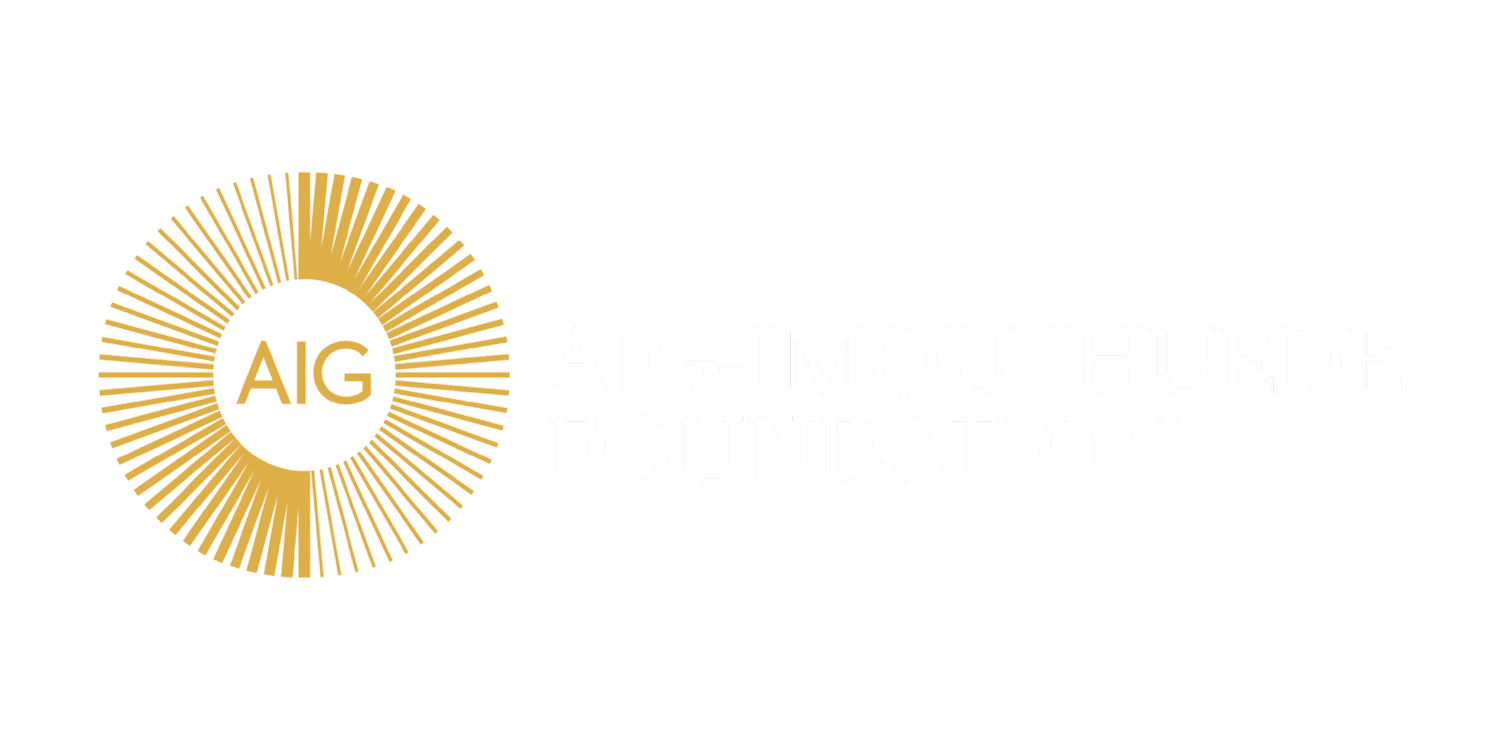Strengthening Primary Health Care in Nigeria
What Role Can the Private Sector Play?
With a population of over 200 million, Nigeria is Africa's most populous country. However, her health system is fraught with many challenges, including poor health infrastructure, a shortage of manpower, and weak systems. These have contributed to poor utilization of her health facilities, particularly the primary health centres (PHCs). This is worrisome because while PHCs constitute 85% of all clinics and hospitals in the country, only about 20% of these are functional and can provide basic emergency obstetric services. Furthermore, 75% of PHCs in Nigeria do not have the minimum required equipment package, including essential medicines, sphygmomanometers, glucometers, and personal protective equipment.
There are many reasons for this dysfunction of the PHCs and they include a perceived lack of trust in services provided in the PHCs, weak health infrastructure, inadequate supplies, and a shortage of human resources for health. To strengthen Primary Health Care in the country, the Federal Government has developed laudable policies and interventions. In 2011, the National Council on Health approved the Primary Health Care Under One Roof (PHCUOR) policy to reduce fragmentation in the delivery of Primary Health Care services and integrate all PHC services under one authority. Six years after, the Nigerian Government set out to revitalize 10,000 PHCs in the country under the Economic Recovery Growth Plan (2017 – 2020). This involved renovating existing infrastructure and providing a full complement of services to ensure these PHCs can appropriately serve their communities. However, this target is yet to be met.
Despite numerous policies and programs aimed at addressing the primary healthcare gap in Nigeria, it is evident that the government cannot completely meet the needs of the primary healthcare system in Nigeria. Over the past two decades, the country has not been able to meet up with her commitment to allocate at least 15% of the total budget to health. Although the current 5.75% of the total budget allocated to health is the highest since the history of budgeting for health in the country, these allocated funds are grossly insufficient to address the challenges of the health sector. At the last PHC Summit in March 2022 tagged ‘Reimagining Primary Health Care in Nigeria’, the former Vice President, His Excellency Prof. Yemi Osinbajo underscored this fact and highlighted the critical role that the private sector in Nigeria needs to play to close this funding gap in order for Nigeria’s PHC goals to be met.
Nigeria has a huge private sector which accounts for 90% of her GDP.10 This sector can contribute her resources, expertise, and innovation to enhance the quality, accessibility, and affordability of healthcare services. This was evident during the COVID-19 pandemic where private organizations supported government efforts by manufacturing protective personal devices, donating ambulances and buildings for isolation centers. In addition, Nigeria leveraged the support of her private sector to expand access to testing for citizens. The pandemic served as a proof of concept to demonstrate the feasibility of private sector support and partnership to improve access to care and health outcomes. Additionally, in many Low and Middle – Income Countries (LMICs), the private sector is a huge contributor to healthcare provision. For example, in Nigeria, 60% of people access care from the private sector while half of the healthcare services in Ghana are provided by the private sector. In India, the private sector contributes 70% of all healthcare services provided.
To this end, we propose four key roles that the private sector in Nigeria can play to strengthen PHC in the country.
Expand private networks and funding for health
Private organizations can forge alliances within their networks to mobilize and expand revenue and support for PHC. This will help reduce fragmentation of resources, improve synergy, and expand the resource pool for PHC in the country.
Advocate for more efficient use of funds
While advocating for increased funding for health is important, it is critical to ensure efficient use of these resources. Utilizing various approaches such as benchmarking and generating useful evidence to develop effective advocacy tools, private sector leaders can advocate for improved efficiency in the use of these funds. In addition, they can deploy their technical expertise to support government efforts by developing comprehensive frameworks and tools that aid effective budgeting, ensure proper allocation of resources, and track utilisation of funds.
Align with government priorities
It is critical for private organizations to support governance-for-health and public coordination efforts. This provides a holistic approach that ensures synergy, maximizes resources, engenders ownership, and drives the sustenance of gains of PHC programs. A good example of this is the Adopt-A-Healthcare Program. This initiative, developed by the Private Sector Health Alliance of Nigeria (PSHAN), seeks to revitalize one PHC in every Local Government Area (LGA) in Nigeria. Currently, 119 PHCs have been adopted for revitalization into the program by organizations and individuals, including the Aig-Imoukhuede Foundation, which has committed to adopting 18 PHCs in Edo State and 5 PHCs in other states across the country. Revitalization includes renovating existing building structures, hiring and training of health workers, strengthening data management, and providing critical healthcare equipment.
Fund PHC-focused research
Private companies can partner with academic and research organizations to provide grants and fund research focused on improving primary health care. Also, these organizations can organize and fund innovative competitions that seek to improve various aspects of PHC in the country.
Private sector investment has the potential to strengthen Nigeria’s primary healthcare system by addressing critical gaps, improving access to care, and supporting public sector priorities. By fostering a conducive environment, the government can leverage the expertise and investment of the private sector to build a more resilient PHC system for Nigerian citizens.
Authors: Chinonyerem Egekwu, Ofovwe Aig-Imoukhuede

